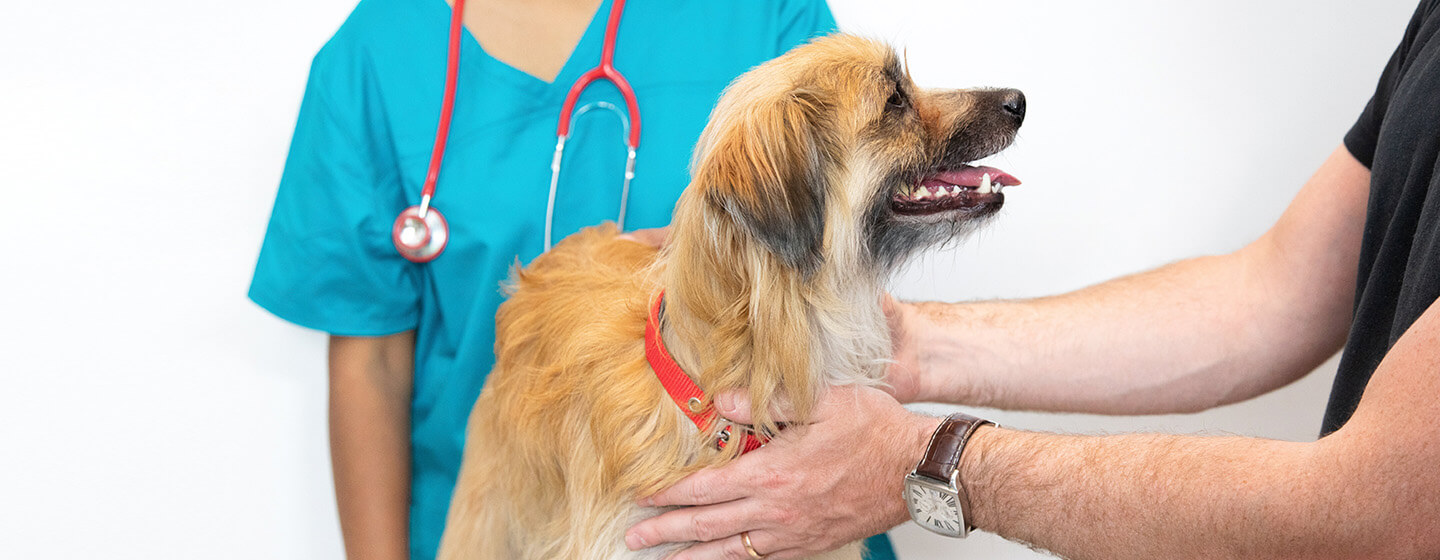As a responsible pet owner, keeping your dog healthy should be a top priority. One of the best ways to ensure their well-being is through regular veterinary checkups. Many pet owners only take their dogs to the vet when they are sick or injured, but routine exams are essential for preventive care. These visits help detect health issues early, provide necessary vaccinations, and ensure that your furry friend remains happy and active.
1. Early Disease Detection and Prevention
Many serious health issues, such as heart disease, diabetes, and cancer, can develop without noticeable symptoms. Regular vet checkups allow veterinarians to perform routine tests and screenings that can identify potential health concerns before they become severe. Early detection means early treatment, which increases the chances of a successful recovery.
2. Vaccinations and Preventive Treatments
Vaccines protect your dog from harmful diseases such as rabies, distemper, parvovirus, and kennel cough. During a routine checkup, your vet will ensure your dog is up to date on vaccinations based on their age, lifestyle, and risk factors. Preventive treatments for parasites like fleas, ticks, and heartworms are also essential for keeping your dog healthy year-round.
3. Dental Health and Oral Care
Dental disease is one of the most common health problems in dogs. Poor oral hygiene can lead to bad breath, gum infections, and even organ damage if bacteria enter the bloodstream. Regular vet visits include dental exams that help prevent serious oral health issues. Your vet may recommend professional cleanings, special diets, or dental chews to keep your dog’s teeth and gums in top condition.
4. Weight Management and Nutritional Guidance
Obesity in dogs is a growing concern, leading to various health issues such as joint problems, diabetes, and heart disease. A vet checkup includes a weight assessment to ensure your dog maintains a healthy body condition. Your vet can also provide dietary recommendations, portion control tips, and advice on the best dog food for your pet’s specific needs.
5. Joint and Mobility Health
As dogs age, they may develop arthritis or other joint-related issues. Regular checkups allow vets to monitor your dog’s mobility and recommend supplements, medications, or lifestyle changes to manage discomfort and maintain an active lifestyle. Early intervention can help prevent long-term joint deterioration.
6. Behavioral Assessments and Training Advice
Behavioral changes can sometimes indicate underlying medical issues. If your dog becomes aggressive, anxious, or unusually lethargic, a vet checkup can help determine whether the behavior is caused by a medical condition. Vets can also provide guidance on training techniques and recommend professional trainers if needed.

7. Reproductive Health and Spaying/Neutering
If your dog hasn’t been spayed or neutered, your vet can discuss the benefits and timing of the procedure. Spaying and neutering prevent unwanted pregnancies, reduce the risk of certain cancers, and help control behavioral issues linked to hormones.
8. Senior Dog Care and Aging Support
As dogs grow older, their healthcare needs change. Senior dogs are more prone to conditions like arthritis, kidney disease, and vision problems. Regular vet visits become even more important to ensure your aging dog receives the necessary care, pain management, and dietary adjustments to maintain their quality of life.
9. Routine Blood Work and Lab Tests
Routine lab tests, such as blood work and urine analysis, provide valuable insights into your dog’s overall health. These tests help detect infections, organ dysfunction, and other health concerns that may not be visible through a physical exam alone. Annual screenings are particularly important for older dogs or breeds prone to genetic health conditions.
10. Strengthening the Bond Between You and Your Vet
Regular vet visits help establish a strong relationship between you, your dog, and your veterinarian. A vet who is familiar with your pet’s medical history can provide better, more personalized care. Additionally, when your dog gets used to visiting the vet, they are less likely to experience stress or anxiety during medical appointments.
How Often Should Your Dog See a Vet?
-
Puppies: Every 3–4 weeks until they are about 16 weeks old for vaccinations and general checkups.
-
Adult Dogs (1–7 years old): At least once a year for wellness exams, vaccinations, and preventive care.
-
Senior Dogs (7+ years old): Twice a year or more frequently, depending on their health conditions.
Conclusion
Regular vet checkups are essential for your dog’s long-term health and well-being. From early disease detection to vaccinations, dental care, and behavioral assessments, these visits help prevent serious health issues and ensure your pet lives a happy, active life. Prioritizing routine veterinary care is one of the best things you can do to show love and responsibility as a pet owner.










